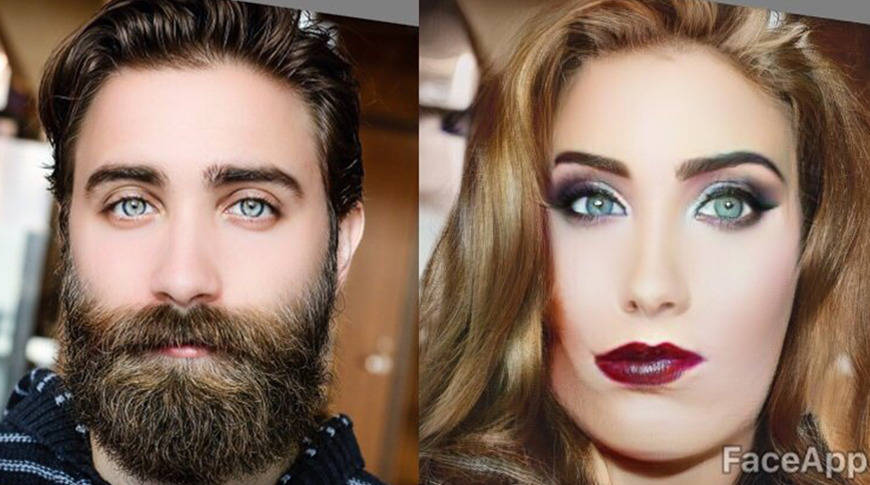Don't use FaceApp if you want to keep the rights to your photos
FaceApp has added new age-based filters to their app, bringing it back into the public eye and back on to users' phones. However, if you want to keep your photos as your own, you probably shouldn't use the app.
FaceApp has gone viral again, thanks to a couple of new filters. The AI photo editor has been popular for ethnic swap filters and gender swap filters in the past, and has recently added in filters that edit a person's image to make them appear younger or older than they are.
Along with the resurgence of popularity, it's worth taking a look at the way FaceApp handles a user's created content and user's right to privacy. After all, hundreds of thousands of FaceApp images have been created, it may be time to look at what FaceApp is allowed to do with them.
According to the Terms of Service laid out by FaceApp, users own all their own content — except they don't really. Much like other content creation apps, FaceApp has included a section in their terms of service that states that the company has carte blanche over anything a user creates with the service.
The terms of service start out by stating, "Except for the license you grant below, you retain all rights in and to your User Content, as between you and FaceApp. Further, FaceApp does not claim ownership of any User Content that you post on or through the Services."
The statement seems innocuous enough, and it sounds as though anyone who uses FaceApp retains full rights to their content. However, the "license you grant below" section immediately dispels that notion.
The section goes on to state, "You grant FaceApp a perpetual, irrevocable, nonexclusive, royalty-free, worldwide, fully-paid, transferable sub-licensable license to use, reproduce, modify, adapt, publish, translate, create derivative works from, distribute, publicly perform and display your User Content and any name, username or likeness provided in connection with your User Content in all media formats and channels now known or later developed, without compensation to you. By using the Services, you agree that the User Content may be used for commercial purposes. You further acknowledge that FaceApp's use of the User Content for commercial purposes will not result in any injury to you or to any person you authorized to act on its behalf."
Essentially, if you make something in FaceApp, FaceApp can do whatever it wants with what you've made. Not only can it repost your images without your permission, it can monetize the images, either directly or indirectly, without compensating you or notifying you that it has done so in any way.
This means that while FaceApp acknowledges they do not own the content that they are creating, they are legally, perpetually, and irrevocably allowed to do whatever they want with said content. Not only can they use the content in whatever way they want, they also state that you waive all rights if their use somehow causes damages to you.
In addition to being able to use your images without your knowledge, FaceApp's terms go on to state that they have no obligation to keep anything a user creates private. "You grant FaceApp consent to use the User Content, regardless of whether it includes an individual's name, likeness, voice or persona, sufficient to indicate the individual's identity."
This raises some concerning questions over the ability to freely show the content created by minors who make up a not-insignificant amount of FaceApp's users. Minors, due to their age and inexperience, would not be able to consent to having their images used by FaceApp. Similarly, Amazon had recently faced lawsuits due to mishandling of minors' data.
And lastly, FaceApp has included a small sentence that states they are allowed to store your content regardless of whether or not you delete it from their service. They state that it is in order to "comply with certain legal obligations," though they do not go on to define what the obligations are. Again, this is increasingly concerning as data breaches are becoming increasingly common.
 Amber Neely
Amber Neely












 Malcolm Owen
Malcolm Owen
 Christine McKee
Christine McKee



 William Gallagher
William Gallagher








